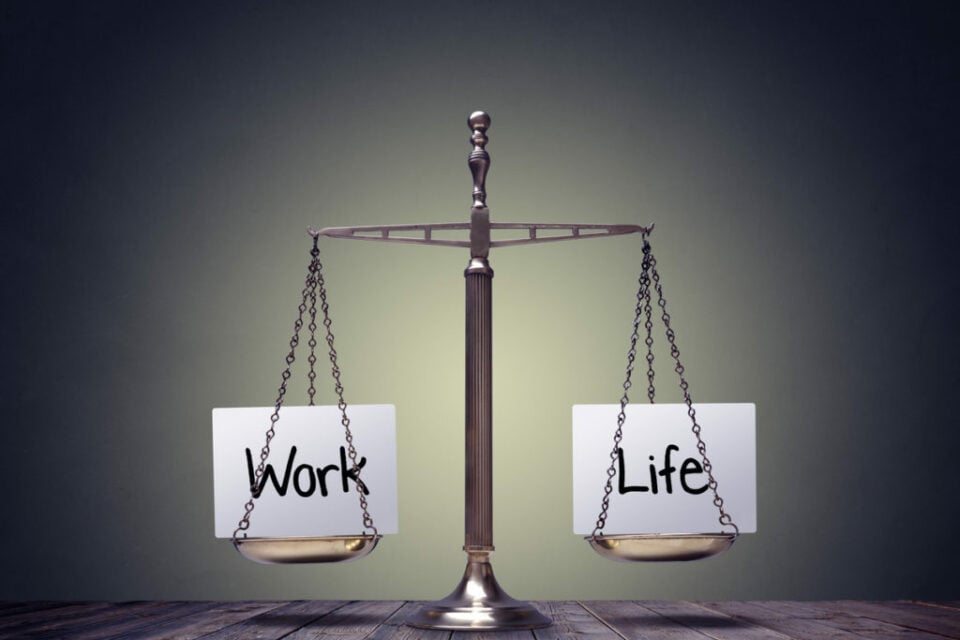
This has been a tough season. We lost a student to violence and another was injured. Our hearts go out to their families and to all of the students, teachers and staff of the Lamar High School community. You are in our prayers, and we are here to support you.
Tragedy is never easy to navigate. It cuts us to our core and forces us to face the unimaginable. It abruptly reminds us of what we value and causes us to turn inward as we re-evaluate our priorities and what is important in life.
Teaching and leading in schools is emotionally taxing. It draws upon our energy reserves and stretches our thinking. Teaching requires us to know our learners, understand their backgrounds and to find ways to reach them not only on an academic level but one that is also social and emotional. Students need to be and feel seen and heard. They need to be acknowledged directly and indirectly. They need to experience learning in a way that connects them to their lives and futures. And all these things require thoughtful and responsible adult stewards.
How can we, as educators, ensure that we are able to show up for students and give 100% each day? One way is to honor our own humanity and do so by working to strike some balance between our work responsibilities and attending to our lives as individuals.
Loana Lupu and Mayra Ruiz-Castro (2021) of the Harvard Business Review share that work-life balance is a cycle and not something we simply achieve. In other words, there is no one thing that a person can do to strike a balance between work and life outside of the classroom. Rather, it is something that we must continually adjust for as our responsibilities and circumstances change. While this will always take some effort, Lupu and Ruiz-Castro do share specific steps that we can all engage in to try to find that balance many so fervently strive for. Here are some of their ideas:
- Pause and denormalize the imbalance. We become so used to stress and living in a state of reduced emotional capacity that we often fail to notice the impact this reality has on our lives. It almost functions like noise in the background that we grow accustomed to. To recognize it, periodically take a moment to check in with yourself and ask how you are feeling. How are you prioritizing your time? How have your circumstances changed? What are you sacrificing? Answering these questions can help you to think about potential adjustments to your day and actions.
- Listen to your emotions. Emotions often tell us what our thinking brain does not. They serve us like an internal radar system that highlights when things are going well and when modifications in life are needed. Lupu and Ruiz-Castro state, “A rational understanding of the decisions and priorities driving your life is important, but equally important is emotional reflexivity- that is the capacity to recognize how a situation is making you feel.” Understanding how we feel about a situation is necessary if we are trying to determine when and if change is needed.
- This is easier said than done. It requires us to generate some emotional space between where we are and where we are trying to go. We often must let go of things we have done for a long time and that we potentially feel connected to. This space allows us the chance to re-envision what the ideal can look like. In fact, when people with a healthy work-life balance are asked about how they facilitated it, they often share that they “intentionally reprioritized how they spent their time in a way that lined up with their true priorities.”
- Consider your alternatives. Finding balance does not always mean that you have to drastically change things. Ask yourself, “What are some things going well? What are some things that I could try just to see if it makes a difference?” Sometimes, even small tweaks can have a positive impact.
Service is about others. It is outward facing. It is about giving our time, energy, expertise, talents and even regard to improve the lives of those around us. As flight attendants say on every flight before departing, in the event of an emergency, we must put our personal oxygen mask on first so that we have the ability to be there for others. In this spirit, I invite you to reflect on these four suggestions and consider what you can do to find an increased sense of balance in your life so that you are able to show up emotionally whole for our learners and each other. May you continue to take care of yourself and know how incredibly valuable you are to the lives of your colleagues and the students you serve.

